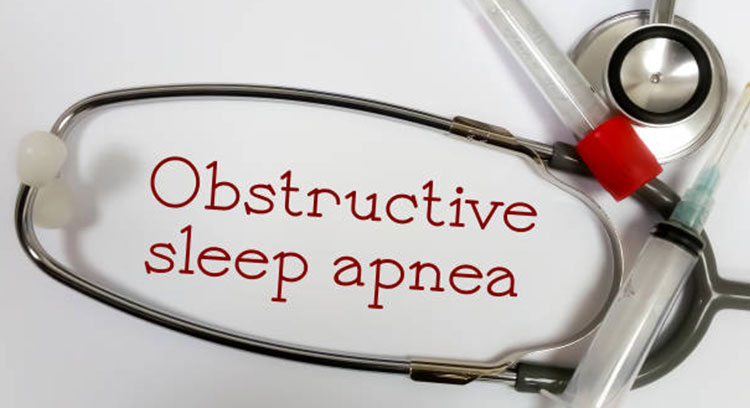Tuberculosis: Symptoms And Causes
Tuberculosis, often known as TB, is one of the serious infectious diseases all over the world. This very old disease...
Free Toll Call on
Booking Contact Number
Personal Contact Number

Sleep apnea is a very common but critical disease where breathing repeatedly stops and starts during sleep. This disorder disrupts restful sleep and can cause major health complications if left untreated. Individuals suffering from sleep apnea often experience interrupted breathing patterns due to blocked airways or improper brain signals to the muscles controlling breathing. If you’re seeking expert care, then look for the best sleep apnea specialist in Dubai who can provide the right diagnosis and treatment.
Sleep apnea is categorized into three main types:
Each type requires a tailored approach, and specialized sleep apnea treatment can help address the specific condition effectively.
Recognizing the symptoms early can help in seeking timely treatment. Common signs include:
If these symptoms sound familiar, consulting a sleep apnea doctor in Dubai is the first step towards better sleep and improved health.
Know More: Sleep Medicine Doctor Help You?
Several factors can contribute to sleep apnea, including:
Related Blog: Risk Factors for Obstructive Sleep Apnea?
Accurate diagnosis is key to effective treatment. A sleep apnea specialist may recommend:
Related Blog: Understanding Home Sleep Studies
Discussing your symptoms with a sleep apnea doctor in Dubai can help determine the best diagnostic method for you.
Several effective treatments can help manage sleep apnea and improve quality of life:
For those considering treatment, the sleep apnea treatment cost in Dubai depends on the severity of the condition and the chosen therapy.
Untreated sleep apnea can lead to serious complications, such as heart disease, diabetes, and high blood pressure. Early intervention by a sleep apnea specialist in Dubai ensures a comprehensive approach to managing the condition, from diagnosis to treatment.
Don’t let sleep apnea affect your health and quality of life. Whether you’re looking for expert diagnosis, advanced solutions, or more information about the sleep apnea treatment cost in Dubai, feel free to contact Prof. Dr. Syed Arshad Husain, and he will guide you toward a healthier, more restful sleep with personalized care.
Tuberculosis, often known as TB, is one of the serious infectious diseases all over the world. This very old disease...
Pulmonary stenosis is a serious condition that restricts blood flow from the heart to the lungs, making it harder for...